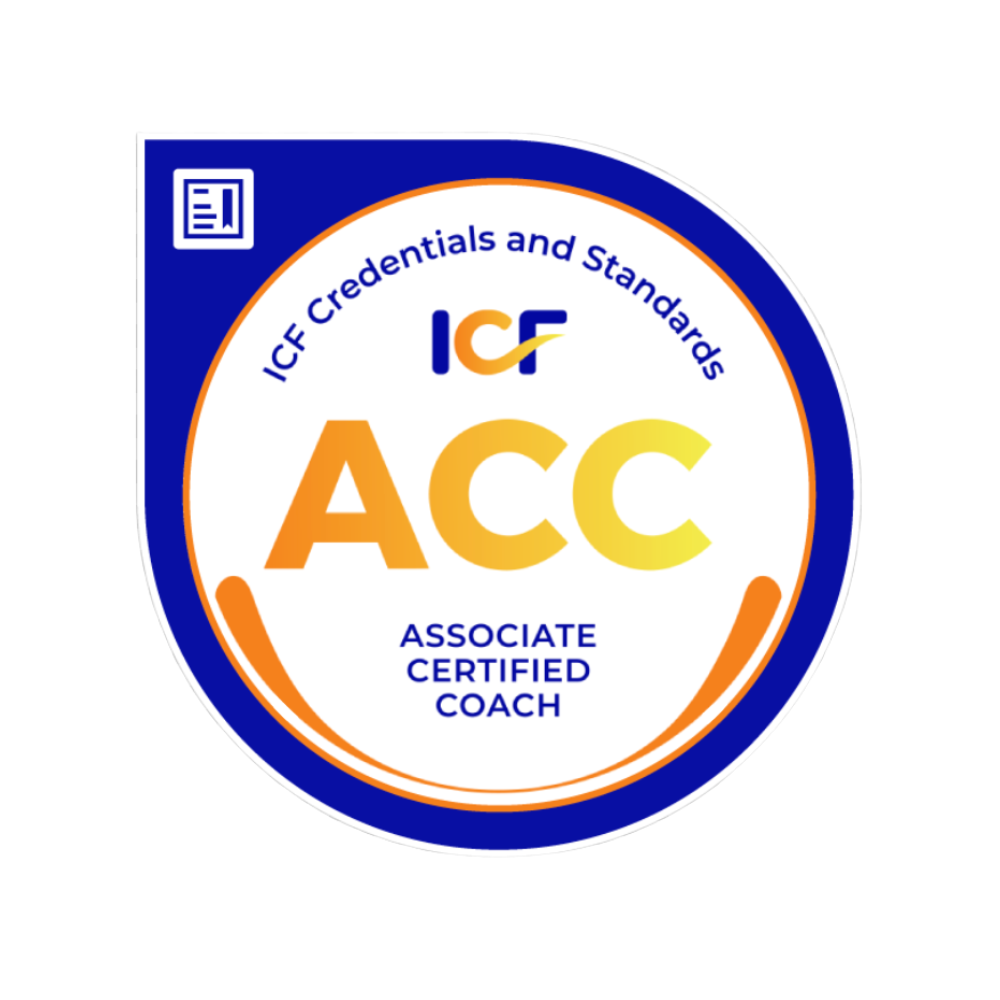Mentoring and coaching are two terms that are often used interchangeably, but they are actually distinct concepts with different approaches, goals, and outcomes. While both are focused on helping individuals develop their skills and achieve their goals, mentoring and coaching have different roles, methods, and expectations. In this blog, we will explore the difference between mentoring and coaching, as defined by the International Coach Federation (ICF), and how they can be used to support personal and professional growth.
Mentoring is a relationship in which an experienced individual (the mentor) provides guidance, advice, and feedback to a less experienced individual (the mentee) with the goal of helping them develop their skills, knowledge, and career. Mentoring is typically a long-term relationship that is based on mutual trust and respect, and involves sharing of knowledge, experience, and wisdom. Mentors are often chosen based on their expertise, reputation, and ability to provide practical advice and support.
Coaching, on the other hand, is a partnership between a coach and a client (the coachee) in a thought-provoking and creative process that inspires the client to maximize their personal and professional potential. Coaching is a forward-looking process that focuses on the client's goals, challenges, and aspirations, and helps them develop their own solutions and strategies. Coaches are trained professionals who use a variety of tools and techniques to support their clients in identifying their strengths and weaknesses, clarifying their values and vision, and creating actionable plans for achieving their goals.
To summarize the key differences between mentoring and coaching according to ICF:
- Mentoring is a long-term relationship in which an experienced individual provides guidance and advice to a less experienced individual. Coaching is a partnership between a coach and a client in a thought-provoking and creative process that inspires the client to maximize their potential.
- Mentoring is based on sharing knowledge, experience, and wisdom. Coaching is based on a collaborative process that helps the client develop their own solutions and strategies.
- Mentoring is focused on the mentee's career and professional development. Coaching is focused on the client's personal and professional growth.
- Mentoring is often initiated by the mentor or the organization. Coaching is often initiated by the client.
- Mentoring is often informal and unstructured. Coaching is structured and follows a defined process.
While mentoring and coaching have different approaches and outcomes, they can be complementary and used in combination to support individual and organizational development. For example, a mentor can provide a mentee with guidance on navigating the organizational culture, building relationships, and developing specific skills, while a coach can help the same person clarify their career aspirations, identify their strengths and weaknesses, and create a plan for achieving their goals.
In conclusion, mentoring and coaching are two distinct concepts that have different goals, methods, and outcomes, as defined by the International Coach Federation. Mentoring is a long-term relationship in which an experienced individual provides guidance and advice to a less experienced individual, while coaching is a partnership between a coach and a client in a thought-provoking and creative process that inspires the client to maximize their potential. While mentoring and coaching have different approaches, they can be used in combination to support personal and professional growth, and achieve better results.





